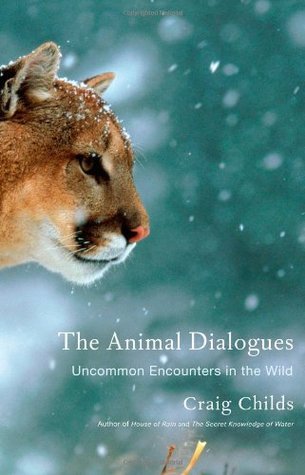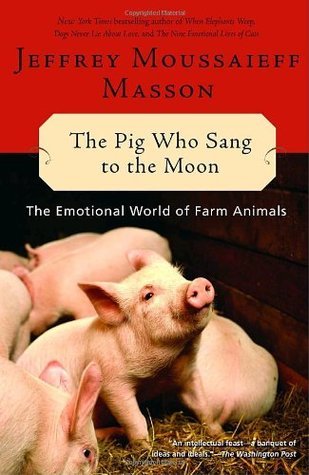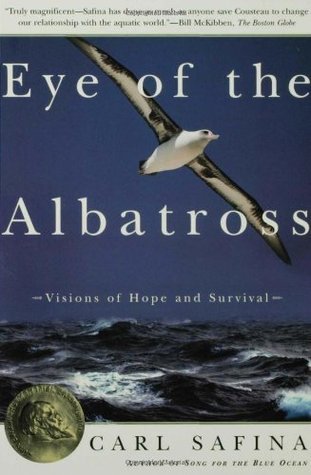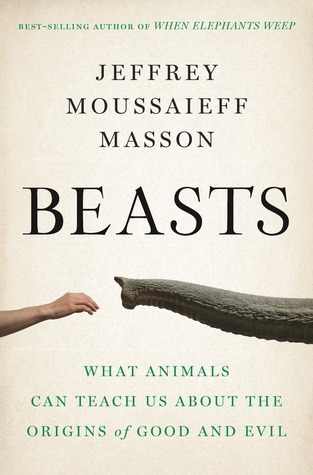
Beyond Words: What Animals Think and Feel
Book Description
What if the minds of animals held secrets that could reshape our understanding of life? In "Beyond Words: What Animals Think and Feel," Carl Safina takes readers on a riveting journey into the emotional landscapes shared by creatures both familiar and enigmatic. Drawing on compelling scientific insights, he reveals the rich inner lives of elephants, dolphins, and wolves, showcasing their capacity for joy, sorrow, and deep connections. As their stories unfold, a powerful question lingers: can we truly bridge the gap between human and animal consciousness, or are we destined to remain estranged from the beings with whom we share our world?
Quick Book Summary
"Beyond Words: What Animals Think and Feel" by Carl Safina explores the emotional and cognitive experiences of animals, challenging conventional views that separate human consciousness from that of other species. Through vivid storytelling and scientific investigation, Safina illuminates the inner worlds of elephants, dolphins, and wolves—creatures capable of complex emotions, communication, and social intelligence. By sharing real stories from the wild and the latest research, Safina invites readers to bridge the gap between humans and animals, urging a reconsideration of our place in nature. The book ultimately questions our ethical responsibilities, encouraging empathy and deeper connection with nonhuman life.
Summary of Key Ideas
Table of Contents
Animal Consciousness and Emotion
Safina begins by questioning long-held assumptions about animal intelligence and emotion, arguing that many species possess minds rich in thought and feeling. He refutes the anthropocentric view that humans are the only creatures capable of consciousness and complex emotion, inviting readers to reconsider the boundaries between 'us' and 'them.' Drawing on both scientific evidence and anecdotal observation, Safina sets the stage for a journey into the inner lives of animals.
Communication and Social Structures
The heart of the book details the lives of elephants, dolphins, and wolves. Safina follows biologists in the field to witness elephant families grieving their dead, dolphins communicating with intricate vocalizations, and wolves forming intricate packs with bonds of loyalty and affection. These stories demonstrate not only problem-solving abilities and emotional depth but also the importance of community and culture in nonhuman animal societies.
Scientific Insights into Animal Lives
Scientific research backs up the narrative, providing evidence of animal memory, empathy, and even moral decision-making. Safina summarizes cutting-edge studies, such as experiments showing dolphins' capacity to learn and imitate, elephants' use of tools and self-recognition, and wolves' cooperative hunting strategies. The blending of field observation and laboratory findings validates the claim that many animals possess a full range of cognitive abilities once thought uniquely human.
Human-Animal Connections and Ethics
Safina challenges the reader to reflect on humanity’s relationship with animals and the ethical dilemmas that arise from our newfound understanding. If animals are conscious, feeling beings, then the way humans treat them—whether in the wild, captivity, or in domestic settings—requires greater moral consideration. Safina advocates for empathy, respect, and a reimagining of our coexistence with nonhuman life.
Redefining Our Place in Nature
In the final analysis, "Beyond Words" urges a transformation in how we perceive all living beings. By embracing the reality of animal minds and emotions, humans can foster a more compassionate, interconnected approach to the natural world. Safina makes a compelling case for moving beyond mere observation of animal behavior and toward recognizing their subjective experiences, forever altering our place within the tapestry of life.
Download This Summary
Get a free PDF of this summary instantly — no email required.





